Dhaka, Dec 15, (V7N) - Dengue fever continues to wreak havoc in Bangladesh, with a staggering 548 deaths reported this year, including three more fatalities in the past 24 hours, according to the latest data from the Directorate General of Health Services (DGHS). The country's healthcare system is struggling to cope with the rising number of cases, as 316 new dengue patients were admitted to hospitals within just one day. With over 98,500 hospitalizations nationwide in 2024, experts are raising alarms over the persistence of the disease, which is spreading even in the cooler months. Public health specialists warn that immediate action is required to prevent further outbreaks as the country grapples with this ongoing public health crisis.
Increasing Hospital Admissions Across the Country
According to the latest report, a total of 316 people were admitted to hospitals within the last 24 hours due to dengue fever. The highest number of admissions were reported in Dhaka North City Corporation, with 95 patients admitted. Following that, Dhaka South City Corporation saw 63 new admissions, Chattogram Division 47, Barishal Division 40, Dhaka Division 39, Khulna Division 14, Rajshahi Division 11, Mymensingh Division 6, and Sylhet Division 1.
The surge in dengue cases, even during the winter months, has left many surprised, as the disease is typically associated with the monsoon season. Public health experts, however, have pointed out that despite the absence of heavy rainfall, the Aedes mosquitoes that carry the virus continue to thrive.
Expert Opinions on the Current Situation
Public health expert, Mustaq Hossain, explained that, according to the mosquito life cycle, dengue outbreaks often peak about one and a half months after the rainy season ends. This period, he noted, tends to witness the highest number of deaths. Thus, it is expected that dengue will continue to affect the population until the end of the year, with the situation potentially improving gradually afterward.
He further emphasized that even though there may not be standing rainwater, there are still numerous places with stagnant water where Aedes mosquitoes can breed. These breeding grounds remain a major concern for ongoing transmission. Hossain urged the government to immediately launch nationwide coordinated efforts to eliminate mosquitoes and curb the spread of dengue.
Historical Context and Surge in Cases
This year, a total of 98,504 people have been hospitalized due to dengue in Bangladesh. In contrast, last year saw an even larger surge, with 321,179 people hospitalized and 1,705 deaths. This year, the highest number of dengue-related deaths occurred in November, with 173 fatalities recorded. The latest statistics from the DGHS highlight that the majority of hospitalizations have occurred in Dhaka, with Dhaka North City Corporation hospitals admitting the highest number of dengue patients at 20,077. The rest of Dhaka Division (excluding the two city corporations) saw 18,151 cases, while Dhaka South City Corporation hospitals admitted 17,400 patients.
Challenges in Controlling the Outbreak
The dengue situation this year has been marked by a notable increase in both the number of cases and deaths compared to previous years. While the government has launched several initiatives to curb the spread of the virus, including fumigation and awareness campaigns, experts believe these efforts have not been sufficient in containing the widespread problem.
Dr. Mizanur Rahman, a renowned epidemiologist, expressed concern that the country’s healthcare system is being stretched thin due to the high volume of dengue patients. "Our hospitals are struggling to handle the influx of dengue patients, and in many cases, patients are being admitted to temporary facilities as the beds fill up rapidly," he noted. Rahman highlighted the importance of continuous public awareness campaigns to educate the population about preventative measures, such as removing stagnant water from around their homes and using mosquito repellent.
Looking Ahead: Prevention and Control
Health officials are emphasizing that the fight against dengue is far from over. As we approach the end of the year, experts caution that the disease will continue to pose a significant threat unless immediate and effective steps are taken. The government has been urged to focus on more aggressive mosquito control programs, such as the use of larvicides, and to improve public health education campaigns aimed at reducing mosquito breeding sites.
Additionally, there is a need for greater coordination between local governments, health agencies, and the general public to reduce the spread of the virus. While it is clear that dengue cases are likely to continue for the foreseeable future, there is hope that the situation will improve through joint efforts and increased awareness.
Conclusion: Urgent Action Required
The current dengue situation in Bangladesh serves as a stark reminder of the persistent challenges posed by vector-borne diseases, particularly in tropical countries. While much progress has been made in terms of controlling outbreaks in some regions, the rising death toll this year highlights the urgent need for more effective measures.
The government's focus on mosquito control and prevention must be stepped up, and public health campaigns should emphasize both short-term solutions and long-term sustainable practices. The combined efforts of the government, healthcare workers, and the public are essential to combat the ongoing dengue outbreak and reduce its devastating impact.
As 2025 draws to a close, experts urge for a concerted national effort to prevent further cases and deaths, ensuring that Bangladesh does not face another year of devastating dengue outbreaks.
END/SMA/RH/



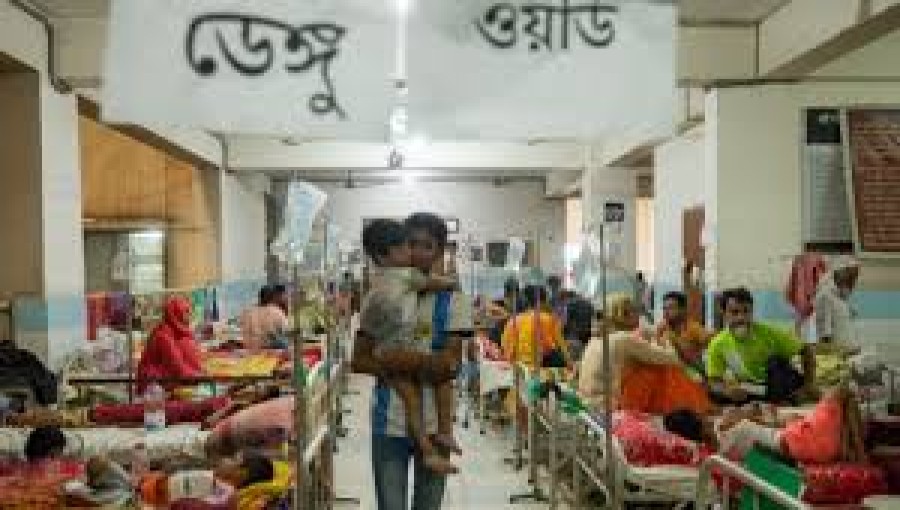

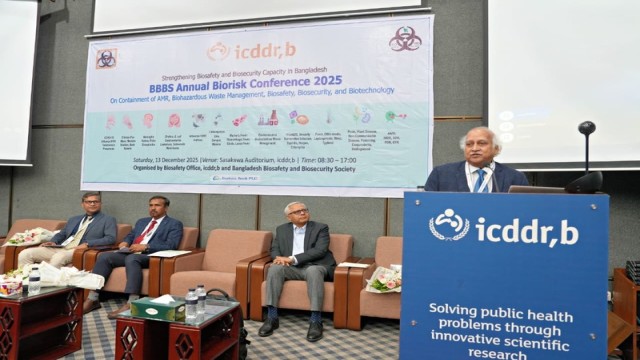

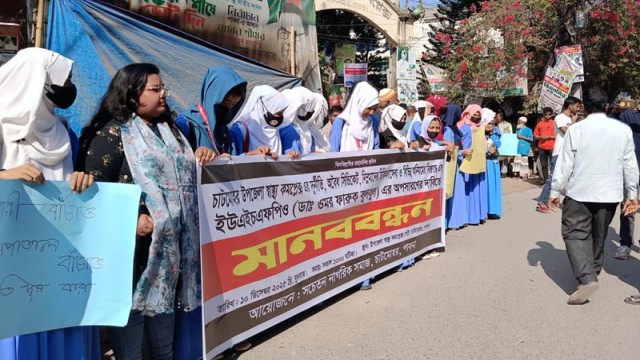
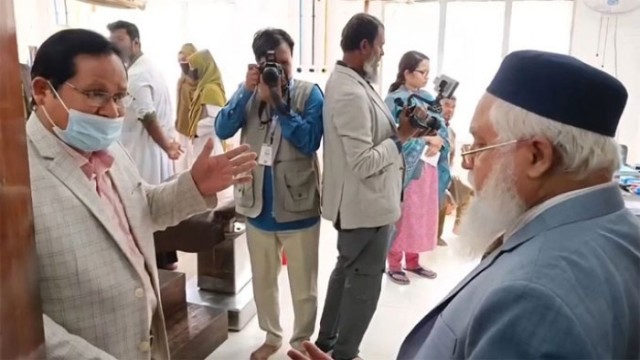
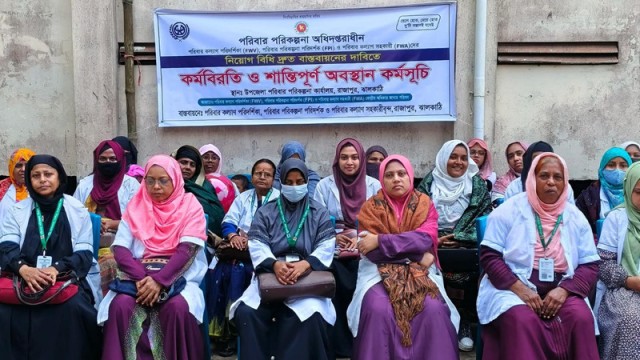


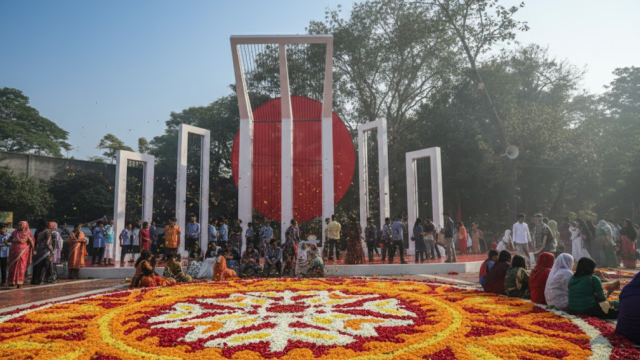
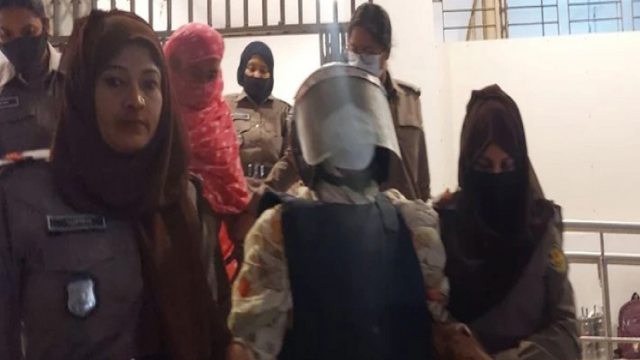

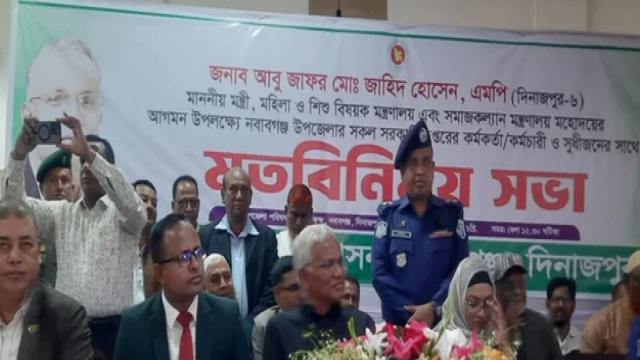
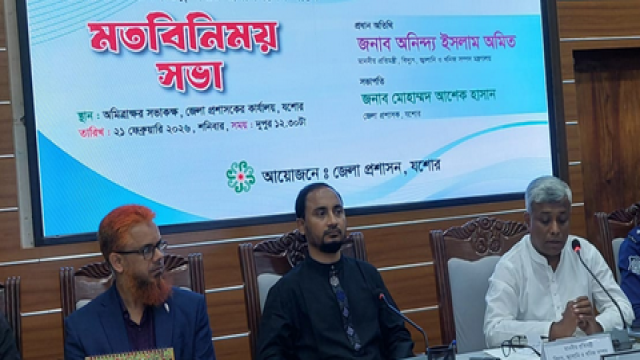

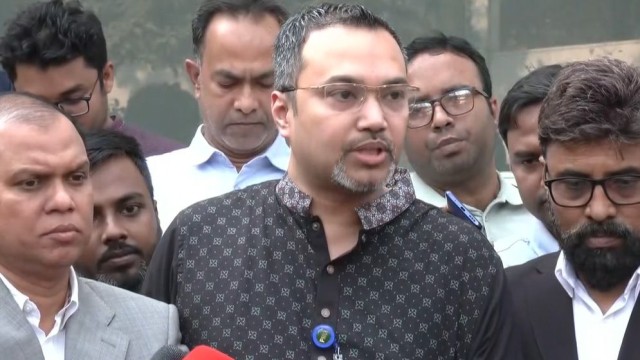












Comment: